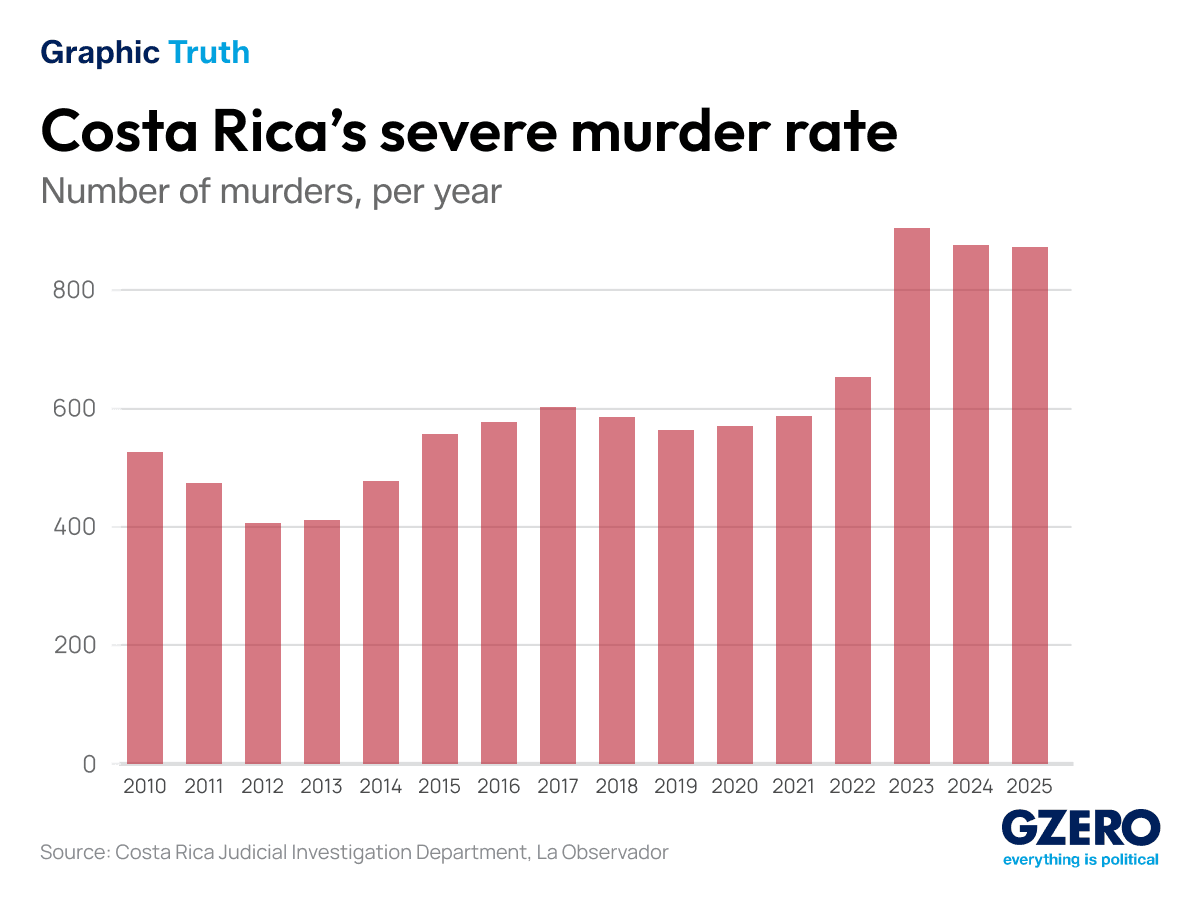News
May 21, 2019
Iran's proxies – The thing about "proxies" is that you don't always have perfect control over what they do. To varying degrees, Iran funds and backs Hizbullah in Lebanon, Hamas in Gaza, Houthi rebels in Yemen, and various militias in Iraq. But these groups also have agendas and interests of their own. Sometimes they'll do things Iran doesn't want them to do. At a time of high tensions between Iran, Saudi Arabia and the United States, these proxies can create trouble for Iran whether they've acted in coordination with its government or not.
Finns fighting fake news – "Fake news," the dissemination of false information designed to create confusion and sow division, has become a truly global problem, but at least one country has a proven track record in helping its citizens to recognize and reject it. Finland has faced information warfare in various forms since declaring independence from Russia a century ago, but since Russia's invasion of Crimea in 2014, the country's government has worked hard to help its people – in particular high school students -- spot false information. This report suggests we can all learn something from the Finns' example.
What We're Ignoring: Fruitless British ploys and Venezuelans at the Pentagon
A second referendum on Brexit – A collective guffaw arose in the office here when we learned yesterday that British Prime Minister Theresa May had made yet another attempt to rally support for her thrice-rejected deal to leave the EU. This time she promised to let Parliament vote on whether to hold a second referendum on Brexit, but only if MPs pass her withdrawal agreement first. It's a notable concession by May, who had previously resisted calls for another referendum. But some prominent Brexit supporters have rejected the move, and we doubt that a whole lot of Remainers will be swayed by a promise to hold a vote on whether to ask the public to hold a vote.
Venezuelan talks – An emissary of Venezuelan opposition leader Juan Guaidó (recognized as president by more than 50 countries) went to the Pentagon on Monday for talks with the US military, evidently about humanitarian assistance. This follows last week's meetings in Norway between reps of both Guaidó and President Nicolas Maduro. Talks are good, but we don't see much scope for progress. Guaidó wants the one thing – free and fair elections – that would be certain political suicide for Maduro, whose approval rating is a deservedly pitiful 12 percent. But following Guaidó's failed April 30 uprising, the Maduro regime is feeling like it's got the momentum now. We see no compromises on the horizon.
More For You
Most Popular
Think you know what's going on around the world? Here's your chance to prove it.
Xi Jinping has spent three years gutting his own military leadership. Five of the seven members of the Central Military Commission – China's supreme military authority – have been purged since 2023, all of whom were handpicked by Xi himself back in 2022.
From a resilient but divided consumer economy to cooling small business hiring, tighter housing affordability, and AI’s shift from buzzword to economic engine, 2025 revealed a “K-shaped” recovery and rapid technological transformation. Bank of America Institute’s 2025 Year in Review distills the data behind the year’s defining trends. Explore the 2025 Year in Review from Bank of America Institute.
© 2025 GZERO Media. All Rights Reserved | A Eurasia Group media company.
